Trial By Ambush
 Wednesday, September 1, 2010 at 12:02PM
Wednesday, September 1, 2010 at 12:02PM PART I
I hate being late to anything, but on Monday, so many people were present at the courthouse waiting to go through security, it was a full 9 minutes before I entered courtroom 19D, meaning that I was 9 minutes late since Chief Judge Belvin Perry, Jr. is a stickler for being prompt. When a hearing is set to start at 1:30, it starts at precisely that time. Courtroom 19D holds some bittersweet memories for me, too. It's Judge Strickland's courtroom, and the one where I was called up to meet him on that fateful October day last year. Alas, life goes on, but it's a date I will never forget.
What ensued on Monday was a heavy dose of the reality of Judge Perry's courtroom and a taste of things to come. One of the strongest statements he made and one that's clearly set in stone is that he will not budge when it comes to the timeline. On May 9, 2011, jury selection will start and exactly one week later, on the 16th, the trial will begin.
The reason for these status hearings is to keep both sides on schedule and to ensure that they share information with each other and get everything synchronized or suffer the consequences. “I would not want me setting your depositions,” he said. “I’ve been known to do some weird things like working on Saturday.”
One of the issues Jose Baez addressed was the timing of the state's release of discovery. He cited one example. Erica Gonzalez worked as a shot girl at Fusian Ultralounge. She told OCSO Cpl. Yuri Melich that she spoke to Casey on the phone on July 15, 2008, and heard her talking to Caylee.

Jose said he didn't receive this information until July 22 of this year, over two years later. Linda Drane Burdick responded that there are plenty of times witnesses take too long to respond. For example, PI Dominic Casey took forever to turn in documents and it took a week to scan all of the papers for release.
The defense turned over an amended witness list containing 63 Category A witnesses. The judge reminded both sides of their deadlines. Linda Drane Burdick mentioned that 300-500 more pages of discovery are coming, but they would be mostly bank records of no significance to the defense. She still needs to copy Yuri Melich's hard drive, she added.
The prosecution wondered how 35 people could possibly be deposed in one day, as stated by the defense. Cheney Mason piped in that he would get it done on September 15 as scheduled. Some might be a mere 5 minutes long. What I noticed during this exchange was a friendly banter between Mason and the judge. Quite clearly, the two men had experience with each other and were, no doubt, comfortable and aware of each other's unique personalities, strengths and weaknesses. I will elaborate on this at a later date.
When the defense filed its NOTICE OF STANDING OBJECTION OF ABUSE OF FLORIDA STATUTE 119.01, the judge interpreted it as meaning it was not requesting a hearing, but instead, stating on record that it objected to the media and public's right to know. Jose Baez concurred. The Orlando Sentinel filed a MOTION TO INTERVENE FOR THE LIMITED PURPOSE OF OPPOSING DEFENDANT'S STANDING OBJECTIONS OF FLORIDA STATUTES CHAPTER 119.01. If this sounds complicated, it's not really. It's more of a formality on the defense's part and opens the door for a gag order later on, which Judge Perry will, most likely, write as the trial nears. This will be in order to keep potential jurors from reading about the case so close to jury selection. Mason brought up Murph the Surf, which addressed media coverage. Jack Roland Murphy was a famous surfing champion, musician, author and artist before his convictions; one being his involvement in the biggest jewel heist in American history at the American Museum of Natural History, and the other being the first-degree murder of Terry Rae Frank, 24, a California secretary. From lectlaw.com, Heidi Howard:
The Court examined the totality of the circumstances, and found that if the jurors were actually, provably prejudiced by pretrial publicity, or if the "general atmosphere in the community or courtroom is sufficiently inflammatory," the community sentiment can be so poisoned against the defendant "as to impeach the indifference of jurors who displayed no animus of their own."¹
In other words, the media may be restrained from reporting, at least prior to the impaneling of a jury in a criminal trial, when pretrial publicity is so pervasive that it, more than likely, would have an effect on jurors.
A final edict made by Judge Perry was that all future motions will be heard within 15 days of filing. This is the nature of this judge. Move, move, move! I wouldn't be a bit surprised if he keeps a fully charged cattle prod at his side behind the bench, waiting to use it.
PART II
One of the most compelling statements made by the judge was that the state of Florida has discovery rules that include trial by ambush. Trial by ambush? What's this all about?
In Florida, the standard trial order entered by most judges is that 45 days prior to the trial getting underway, both sides must submit to opposing counsel a written list of the names and addresses of all witnesses, impeachment, rebuttal or otherwise intended to be called at trial. It means this is the complete list of people who will be permitted to testify. It's intended to keep either side from suddenly finding a witness and surprising the other side. In this case, an act of this nature amounts to trial by ambush. Most judges will not allow it. Any witness not previously disclosed won't get near the courtroom unless certain circumstances warrant it. An example would be if the party diligently tried to find a witness and failed due to not being available until trial.
Another aspect of trial by ambush includes other discovery, as well. Discovery enables both parties to know before the trial begins what evidence may be presented. This way, one side doesn't learn of the other side's evidence when there's no time to obtain anything to respond.
In 1981, the Florida Supreme Court set the standard for the requirements of pretrial disclosure (See: Binger v. King Pest Control, 401 So. 2d 1310 (Fla. 1981). It gave trial courts ammunition to deal with faulty pretrial disclosure. In Marine Enterprises v. Bailey, 632 So. 2d 649 (Fla. 4th DCA 1994), the Fourth District Court approved the trial court's striking four witnesses for violations of the pretrial order.
“In exercising its discretion to strike witnesses not properly disclosed upon pretrial order, the trial court may consider such factors as: whether use of the undisclosed witness will prejudice the objecting party; the objecting party’s ability to cure the prejudice or its independent knowledge of the witnesses’ existence; the calling party’s possible intentional noncompliance with the pretrial order; and the possible disruption of the orderly and efficient trial of the case.
Compliance with pretrial orders directing proper disclosure of witnesses eliminates surprise and prevents trial by ‘ambush.’ Binger, 401 So. 2d at 1314. Counsel who disobey a trial court order entered months earlier should not be rewarded for their conduct. Pipkin v. Hamer, 501 So. 2d 1365, 1370 (Fla. 4th DCA 1987).”
As a matter of fact, trial by ambush has been discouraged since the state of Florida adopted its rules of procedure in 1954. Judge Perry is well-versed in procedural law, and the fact that he brought it up at Monday's hearing means he plans on abiding by the rules. Remember: 45 days.
On a final note, one thing I understood from attending the hearing was the judge's determination to impress his rules on both sides of the aisle, not just the defense, as many people believe. I saw no discrimination or favoritism. He treated the two sides equally and he had words to say to everyone involved. He doesn't want to hear petty arguing or sniping, either. Such is the manner of any good judge. In this case, there's no doubt in my mind that what we have here is a great judge who will play Solomon if and when it's necessary. Of course, I never expected any less from Judge Strickland, so in that regard, nothing has changed. As the hearing progressed, I got a sense that the light at the end of the tunnel is coming into view. It's no-nonsense from here on out. When Linda Drane Burdick asked the court if closing arguments could be split between all of the attorneys, state and defense, that little tunnel lit up, and I liked what I saw. Justice was shining at that other end.
 Dave Knechel | tagged
Dave Knechel | tagged  Binger v. King Pest Control,
Binger v. King Pest Control,  Erica Gonzalez,
Erica Gonzalez,  Fusian Ultralounge,
Fusian Ultralounge,  Marine Enterprises v. Bailey,
Marine Enterprises v. Bailey,  Murph the Surf,
Murph the Surf,  Pipkin v. Hamer,
Pipkin v. Hamer,  Trial by Ambush | in
Trial by Ambush | in  Capital Punishment,
Capital Punishment,  Casey Anthony,
Casey Anthony,  Caylee Anthony,
Caylee Anthony,  Cheney Mason,
Cheney Mason,  Chief Judge Belvin Perry,
Chief Judge Belvin Perry,  Dave Knechel,
Dave Knechel,  Death Penalty,
Death Penalty,  Florida’s Government in the Sunshine,
Florida’s Government in the Sunshine,  Frank George,
Frank George,  Jeff Ashton,
Jeff Ashton,  Jose Baez,
Jose Baez,  Judge Stan Strickland,
Judge Stan Strickland,  Linda Drane Burdick,
Linda Drane Burdick,  Marinade Dave,
Marinade Dave,  Marinade Dave’s Caylee Anthony Posts,
Marinade Dave’s Caylee Anthony Posts,  Ninth Judicial Circuit,
Ninth Judicial Circuit,  Orange County Sheriff’s Office,
Orange County Sheriff’s Office,  Yuri Melich |
Yuri Melich | 
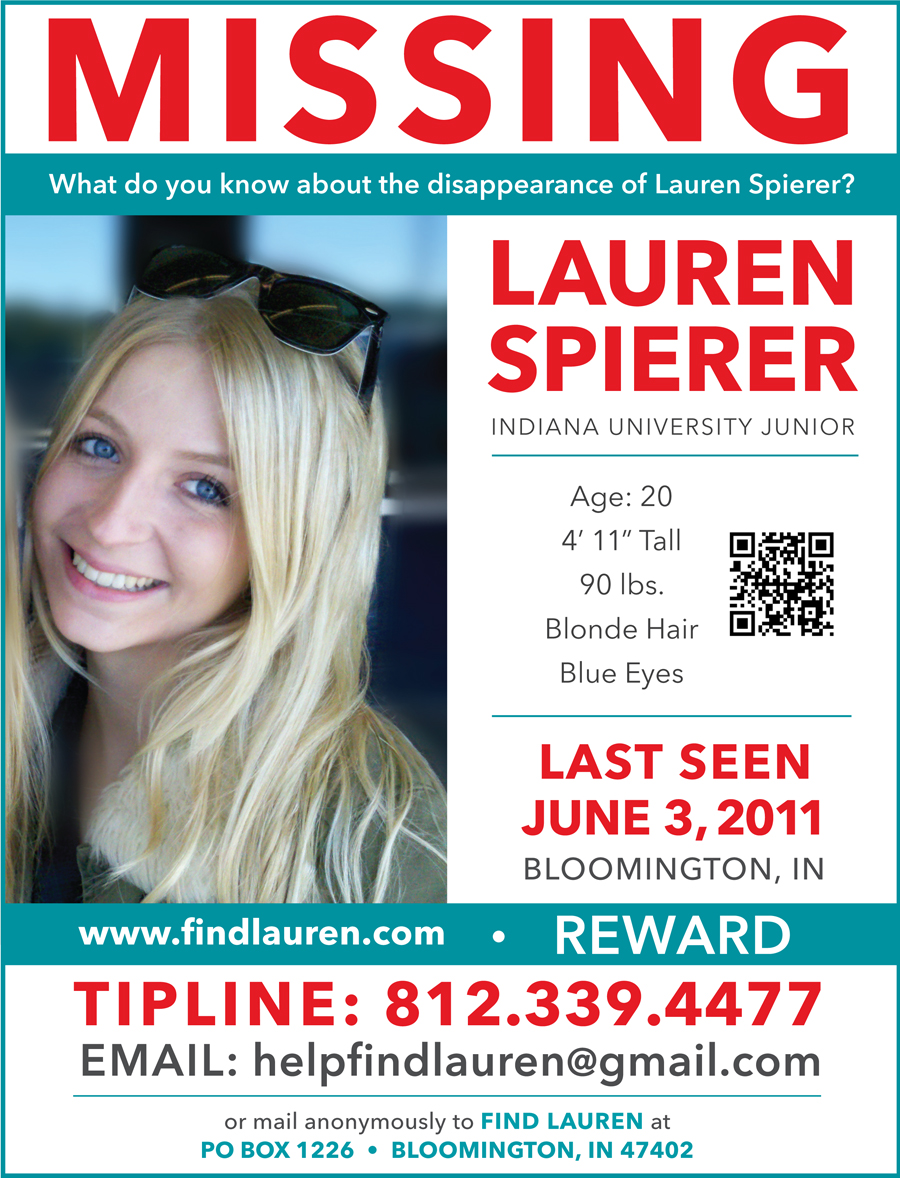
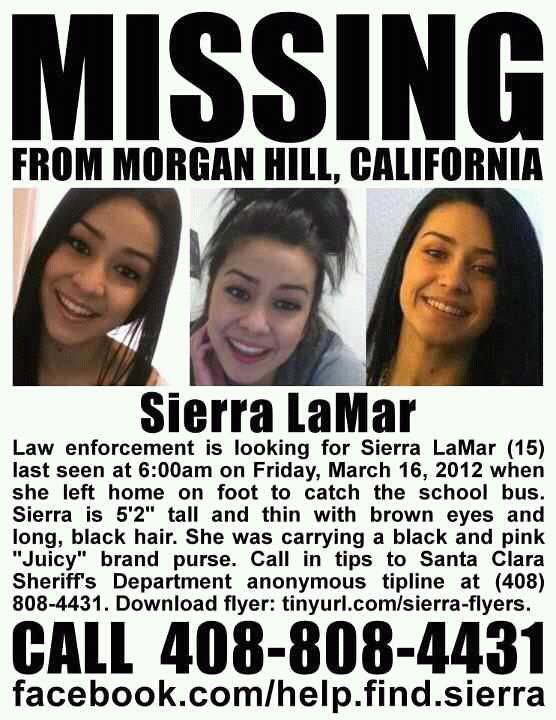
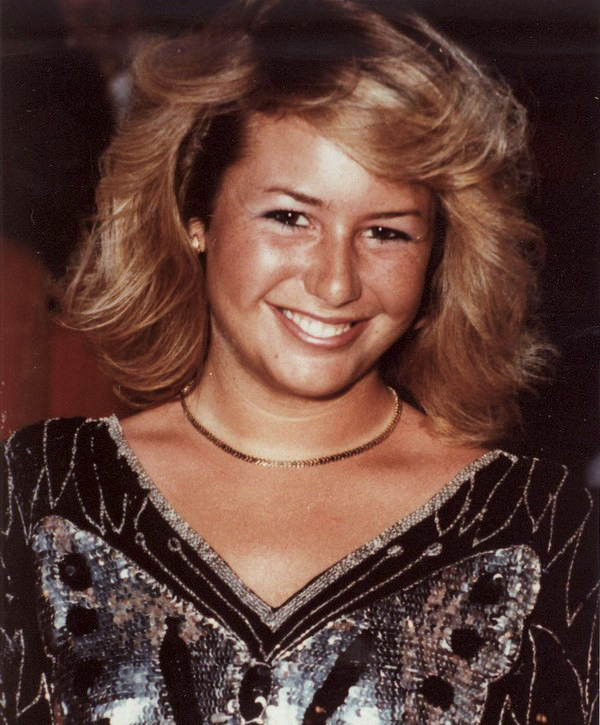
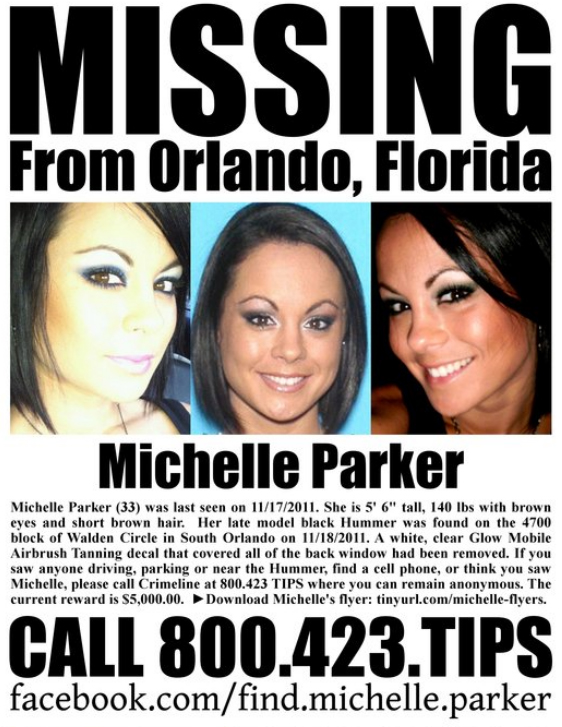
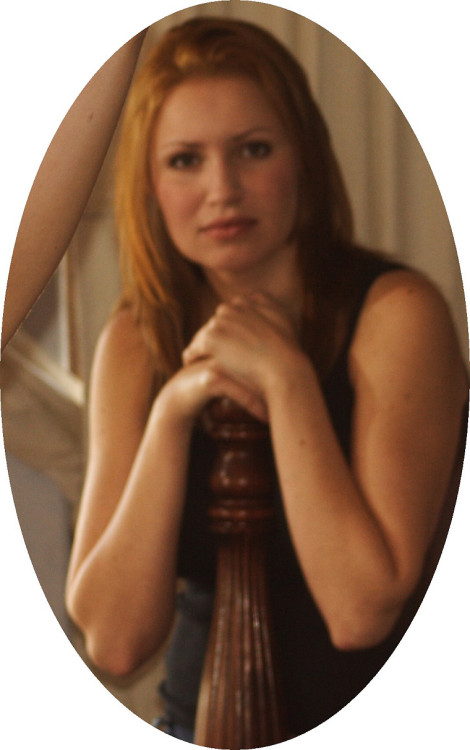
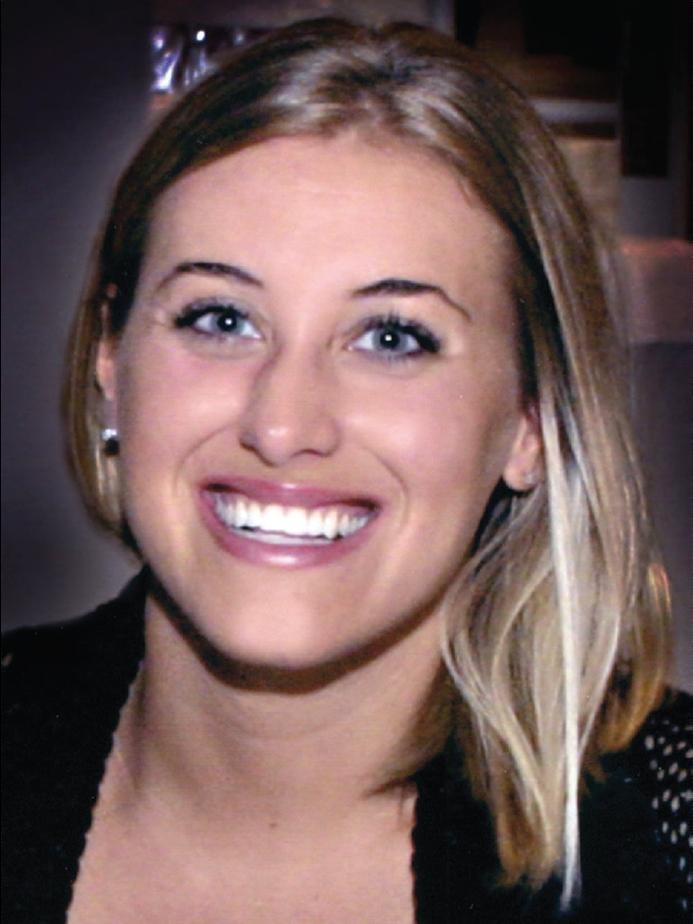
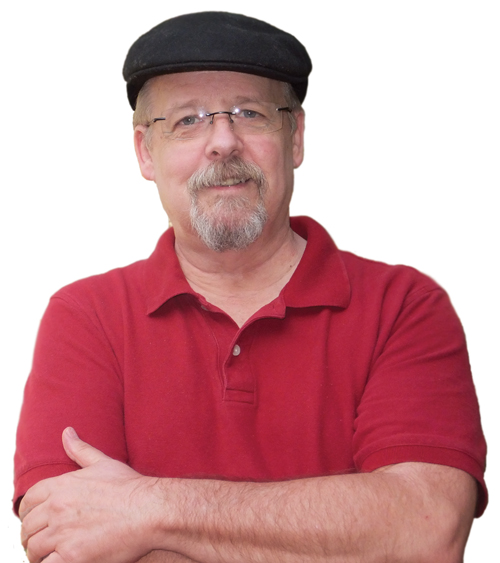




 LEGAL NOTICE
©David B. Knechel. All Rights Reserved. No portion of this site can be reproduced in it's entirety or in part without expressed written permission by the owner/administrator of this site in accordance with the Digital Millennium Copyright Act. Section 512(c)(3) of the U.S. Copyright Act, 17 U.S.C. §512(c)(3). The charges against defendants are mere accusations and the subjects are presumed innocent until found guilty in a court of law.
LEGAL NOTICE
©David B. Knechel. All Rights Reserved. No portion of this site can be reproduced in it's entirety or in part without expressed written permission by the owner/administrator of this site in accordance with the Digital Millennium Copyright Act. Section 512(c)(3) of the U.S. Copyright Act, 17 U.S.C. §512(c)(3). The charges against defendants are mere accusations and the subjects are presumed innocent until found guilty in a court of law.